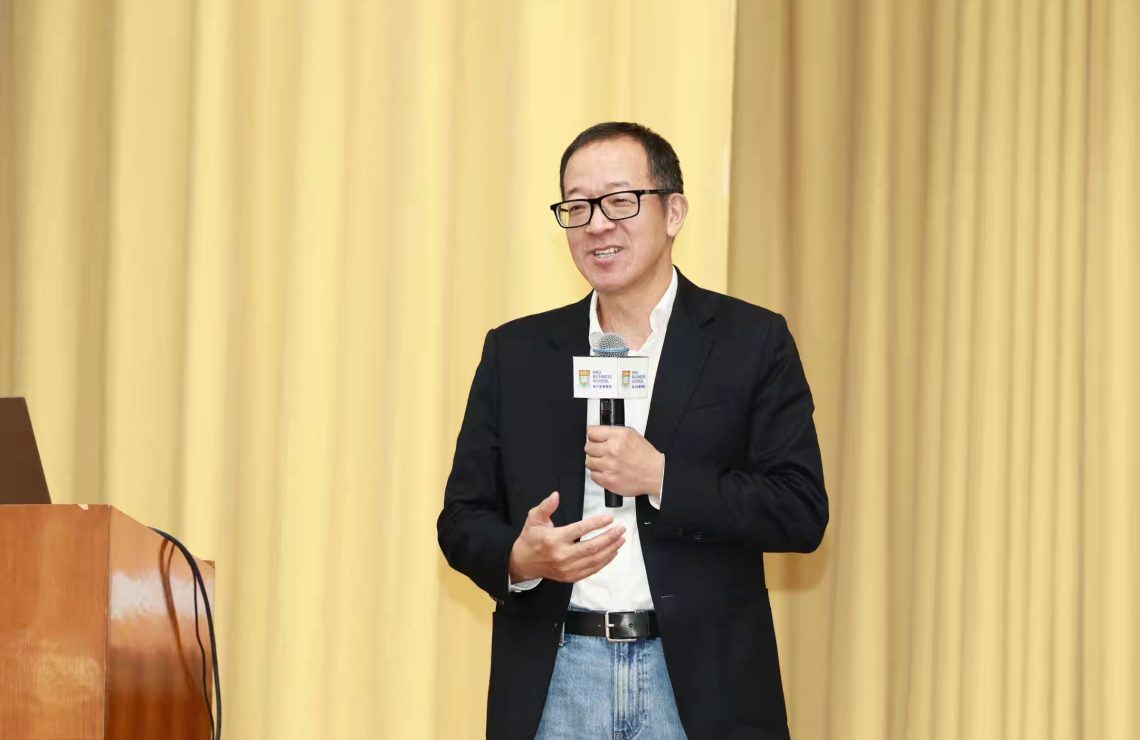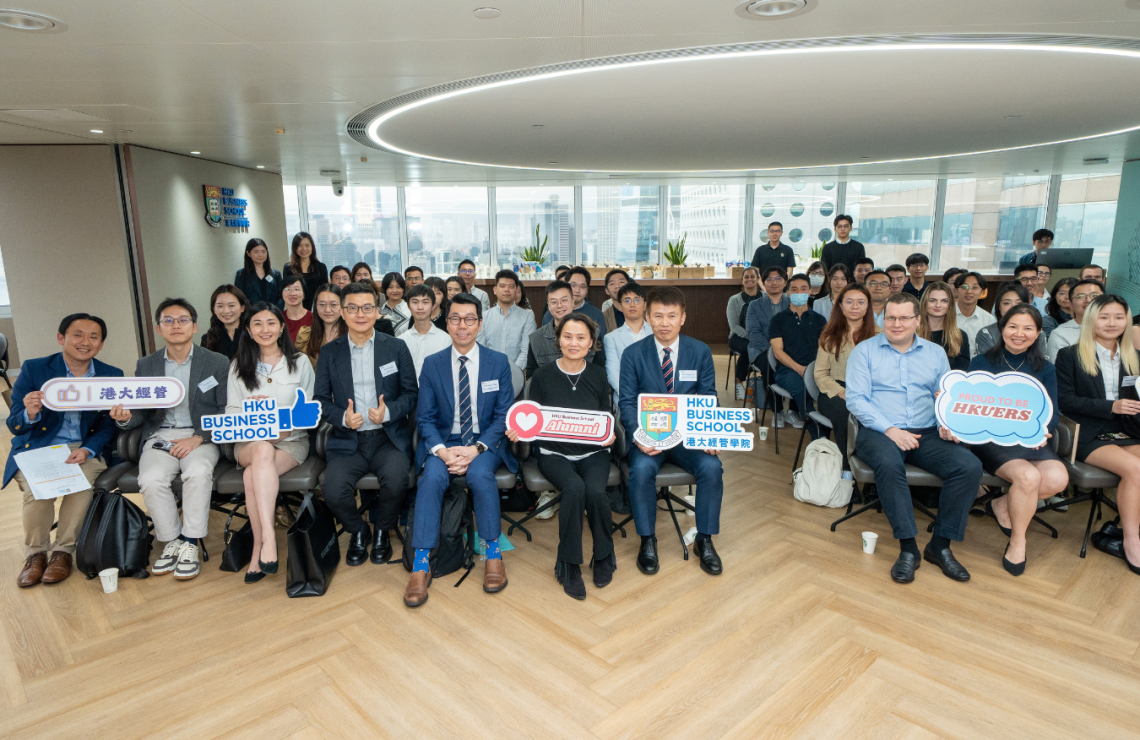Dr. Thomas Ng wins the 2018 IACMR-RRBM Award

Dr. Thomas Ng Wins the 2018 IACMR-RRBM Award
Congratulations to Dr. Thomas Ng, Associate Professor of Management and Strategy, the Faculty of Business and Economics, whose article, “Employee perceptions of corporate social responsibility: Effects on pride, embeddedness, and turnover” with Kai Chi Yam and Herman Aguinis (2019, Personnel Psychology), is a Winner of the 2018 IACMR-RRBM Award for Responsible Research.
The award, co-sponsored by the International Association for Chinese Management Research, and the Community for Responsible Research in Management, recognises “excellent scholarship that focuses on important issues for business and society using sound research methods with credible results.” A committee of 46 highly accomplished scholars has reviewed 106 nominations, judging each work on its credibility and usefulness based on the seven principles of responsible science—service to society; stakeholder involvement; impact on stakeholders; valuing both basic and applied contributions; valuing plurality and multidisciplinary collaboration; sound methodology; and broad dissemination. The review committees commended the studies conducted by Dr. Ng and other winning teams could best exemplify the important responsible research principles of contributing credible evidence and striving for broad and significant societal benefits.
“Although employees are important stakeholders of an organisation’s corporate social responsibility (CSR), managers are seldom given concrete evidence on whether and why the thought processes and reactions of their employees to CSR matter. That was why we initiated this study. We are truly honoured that the committee similarly recognises the importance of our study topic. We are thankful to the Faculty for the generous support for our research. We are especially grateful to the Research Grants Council for the funding that supported this study.”
The award-winning research team conducted a multistudy investigation involving different samples, designs and data-analytic methods to examine socioemotional microfoundations of perceived CSR and posited that employees’ perceived CSR triggers a perception‐emotion‐attitude‐behaviour sequence. The proposed framework received broad support and showed that employees’ responses to perceptions of CSR can be systematically analysed and understood using a perception‐emotion‐attitude‐behaviour framework. Dr. Ng and the research team hope that their multimethod, multisample approach to theory development will pave the way for additional contributions of organisational behaviour studies to microfoundations research on CSR.
Dr. Ng’s research interests include creativity and innovation, voice, career development, job mobility and embeddedness, organisational and occupational commitment. Being a highly productive scholar consistently pursuing for research excellence, he has been constantly ranked among HKU’s top 1% scientists since 2012, top 2% most-cited authors in popular industrial-organisational (I-O) psychology texbooks; he has been publishing frequently in the top-tier journals, such as Journal of Applied Psychology, Journal of Management, Personnel Psychology, Journal of Organisational Behavior, Human Relations, Leadership Quarterly, among others.
At HKU, Dr. Ng teaches Organisational Behaviour, Human Resource Management and Career Development. He received his PhD degree in Organisational Behaviour and Human Resource Management from The University of Georgia.







